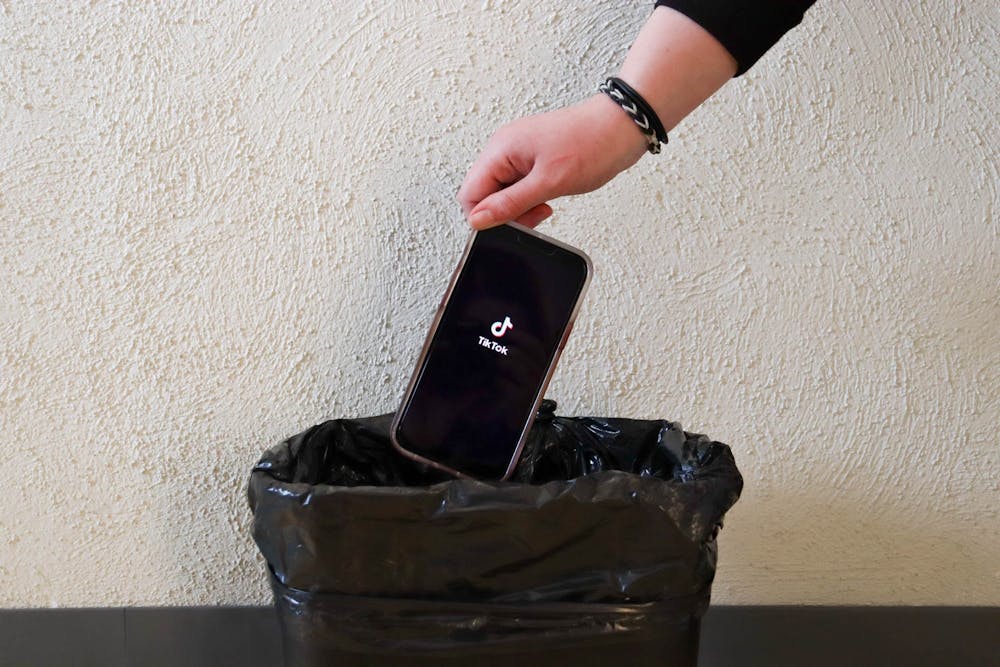Earlier this year, Gov. Roy Cooper signed Executive Order No. 276, prohibiting the use of certain applications, including TikTok, on state devices. The executive order led to the development of a new policy from the North Carolina Department of Information Technology, which bans TikTok on state-owned and state-issued devices. While the policy does not apply to UNC or community colleges in North Carolina, it remains to be seen whether TikTok is in the clear at these schools.
“Consistent with Governor Cooper’s Executive Order 276, the University is currently working with the System Office to review the security concerns TikTok may pose to our network systems. We will follow guidance from the System on any ban or suspension of TikTok or WeChat,” a spokesperson for UNC told The Daily Tar Heel.
At a research institution like UNC, any university-wide ban or suspension of TikTok would have adverse implications for research and academia.
In the case a ban is implemented on campus, it most likely will only prohibit TikTok on state-proprietary phones and computers. A more extreme interpretation may entail the app being inaccessible via campus Wi-Fi networks, as some public universities have done already.
While it looks improbable that a ban would come to UNC, it should not be dismissed as an entirely far-fetched possibility. So far, there has been a litany of public universities that have adopted restrictive policies regarding TikTok, following state-level decisions to ban the app.
Restrictions would make studies that rely on TikTok data much harder than they already are. For scholars like Deen Freelon, a principal researcher at UNC’s Center for Information, Technology, and Public Life, TikTok is already enemy No. 1 when it comes to accessibility. According to Freelon, who has developed a scraping tool called Pyktok to pull data from the platform, TikTok itself presents the biggest challenge to researchers.
“The way they (TikTok) represent data constantly changes. And when it changes, that means that the techniques that I've used (for Pyktok) to access it break," Freelon said. "Sometimes what they have changed it to becomes prohibitively difficult to access on an automated basis. And so some of the earlier functionality that my program (Pyktok) had, it doesn't have anymore."
This problem is not unique to Freelon’s research. He is part of a larger community and ongoing discussion about how to acquire TikTok data in the absence of alternatives from the company.
“I'm in conversation with other folks, and they can't figure it out, either," he said. "So, ultimately, we have to rely on TikTok’s technical architecture, sort of playing ball with us, and allowing us to access it on an automated basis. And they could turn off that functionality anytime, and they have done that in certain aspects.”




